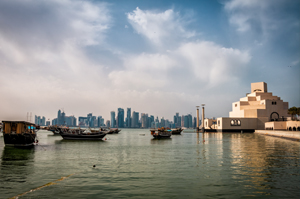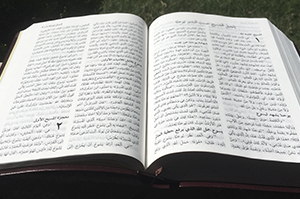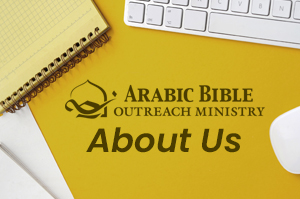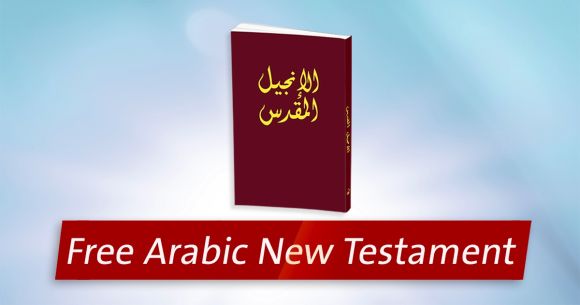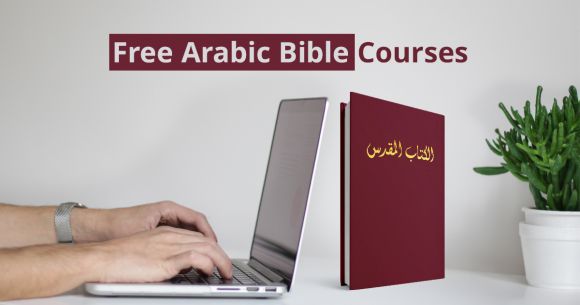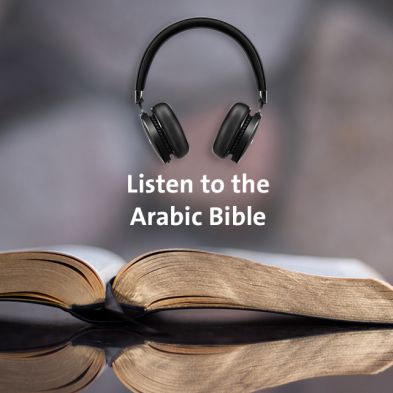Did Christ come for one group or everyone?
A Woman’s Sorrows
Only One Way To God
What is religion? This question has puzzled theologians throughout human history. But how did religion start in the first place? Why did it start? In order to understand some of these issues, let us have a look at the etymology of the word “religion” itself, and see that when and where this word was used for the very first time in the human history.
The word religion was used for the very first time in the Latin language. The actual word used in Latin was “religio”, which changed into religion when came into English. The roots of the Arabic word “Mazhab” or “Deen” can also be traced back to “religio”. In the Latin language, the word “religio” had three basic meanings; which are Faith, Trust & Belief.
If you further analyse these three words, faith, trust and belief; then you realize that there are actually three different characteristics











